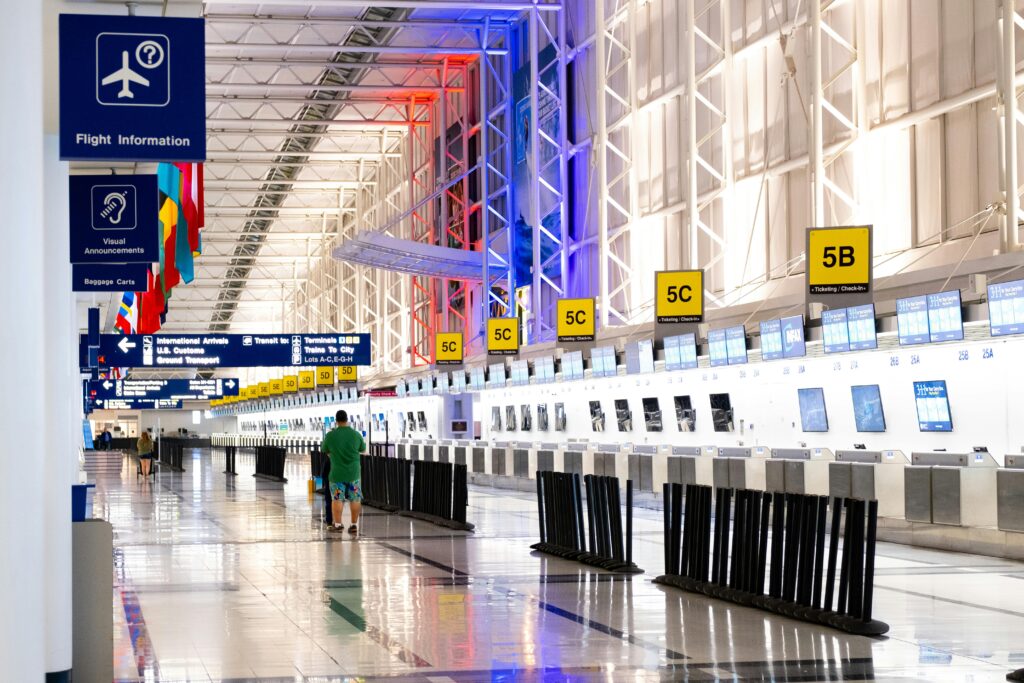On Monday, the Netherlands began implementing new temporary border controls, which are expected to remain in place for six months. These measures aim to address irregular migration and cross-border crime effectively. The controls will take place in border regions and at airports on flights deemed high-risk.
Implementation and Operational Details
The Royal Marechaussee, the Dutch military police, is responsible for enforcing the new border controls. The Netherlands has over 800 border crossings, ranging from major highways to local roads and forest trails. Although theoretically, all these crossings could be monitored, limited resources make comprehensive coverage unlikely.
The updated regulations allow the Marechaussee to conduct more frequent and prolonged checks at border points. Previously, inspections were conducted on a random basis, but the extended authority aims to improve efficiency and oversight. Despite the increased capacity for checks, the Dutch military police union, Marver, reassured that most travelers will not notice significant changes.
Political Context and Public Response
The right-wing coalition government, led by the nationalist PVV party, introduced the border control measures. Dutch Minister for Asylum and Migration Marjolein Faber visited a checkpoint in Limburg, near the German border, to highlight the importance of the initiative. She stated, “These controls are not symbolic. They will have a tangible impact.”
Reactions to the policy have been mixed. Forty-six mayors from border municipalities raised concerns about potential disruptions to residents and businesses. They fear the measures could unnecessarily inconvenience communities near the border.
However, the Marver union dismissed these concerns, asserting that the increased checks would not significantly affect everyday cross-border traffic. The enhanced powers are focused on addressing specific risks rather than creating widespread interruptions.
The PVV government views the policy as a crucial step in safeguarding national security and reducing illegal migration. Both critics and supporters will monitor the effects of these measures over the coming months. The Dutch government remains confident that the extended border controls will help curb unlawful activities and strengthen border security.
